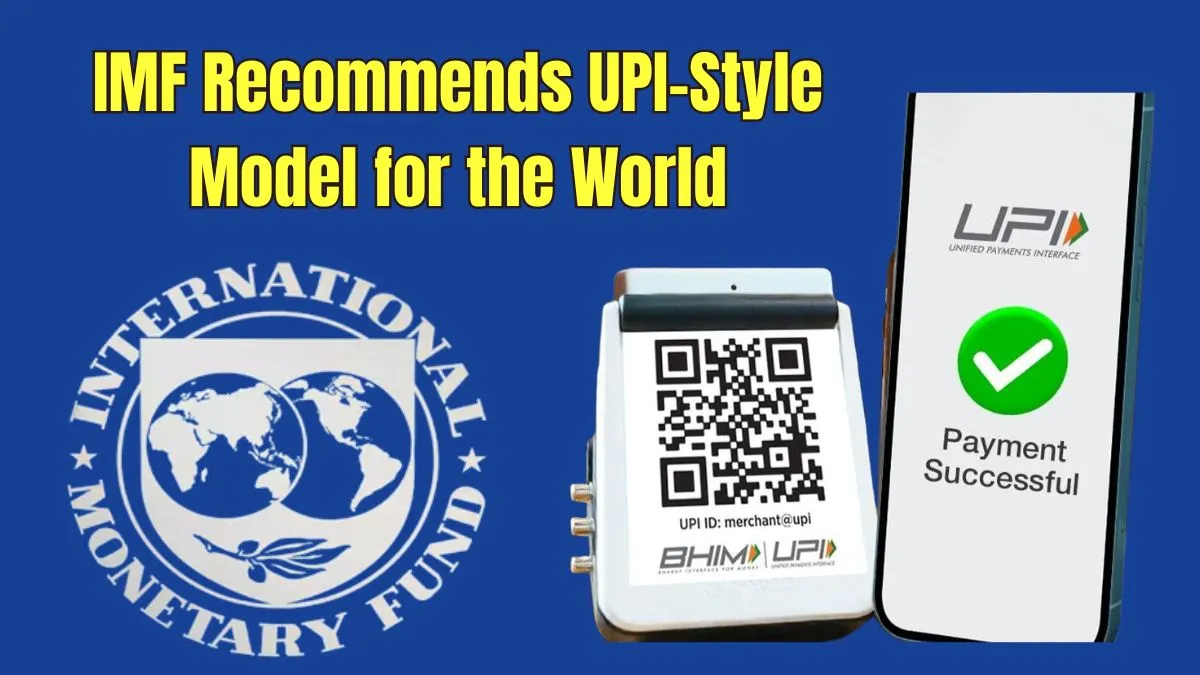The Unified Payments Interface (UPI) has been praised by the International Monetary Fund (IMF) as a game-changer in India's digital payments ecosystem, a significant validation of the country's fintech revolution.
The International Monetary Fund recently released a paper praising the Unified Payments Interface (UPI) system in India and advising anyone considering a shift from cash to digital payments to follow India's other mobile data, banking, and digital identity-related actions.
IMF Study Highlights UPI's Success
According to a June 25 IMF paper titled "Growing Retail Digital Payments: The Value of Interoperability," written by Alexander Copestake, Divya Kirti, and Maria Soledad Martinez Peria, earlier studies have credited the "Demonetization shock" and demographic factors with UPI's success in India.
ALSO READ: What is AI Mode? How it Works and Different from Google Gemini
Key Factors Responsible for UPI Success
However, the authors believe that UPI's interoperability—which permits any business to use the platform—has also contributed significantly to its broad uptake.
According to the article, "UPI has revolutionized the digital payments landscape in India." "The platform's evidence indicates that interoperability can enhance users' digital payment experiences and increase adoption in general."
The authors went on to say that interoperability gives consumers more freedom to select the apps they want, enabling them to fully utilize the variety and quality of apps readily available rather than being limited to just one.
How Other Countries Can Benefit from UPI?
According to the study, nations that wish to transition their populations from cash to digital payments must do more than just establish the fundamental framework for an interoperable system like the UPI.
"For countries looking to move from cash to digital payments, providing infrastructure for interoperable systems or otherwise supporting interoperability through regulation could be a promising avenue," the study stated.
"Policymakers should first make sure that complementary enabling investments are in place, as with the expansion of bank accounts and digital identity in India and the reduction of mobile data costs—for such policies to be effective," the statement continued.
